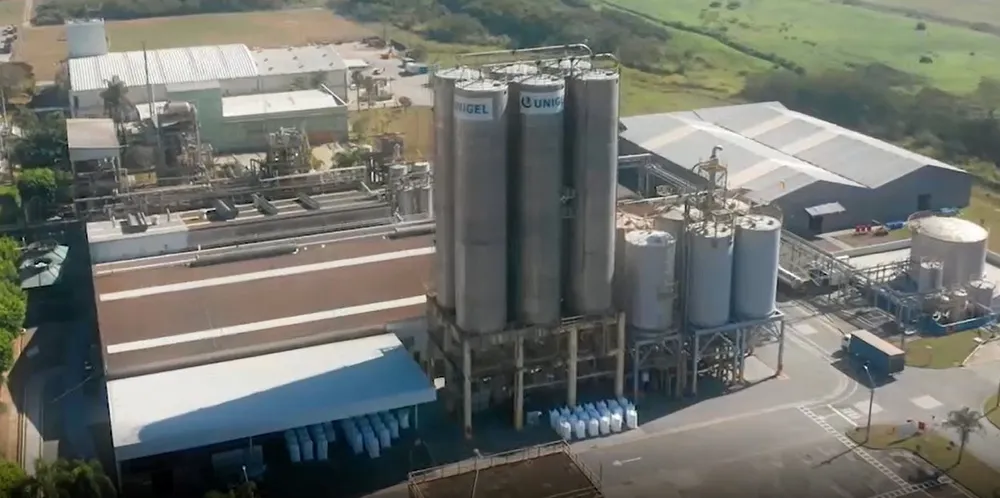Construction begins in Brazil on 'world's largest green hydrogen and ammonia plant'
Unigel, country’s largest nitrogen fertiliser manufacturer, makes initial $120m investment in 60MW first phase

Unigel, country’s largest nitrogen fertiliser manufacturer, makes initial $120m investment in 60MW first phase
